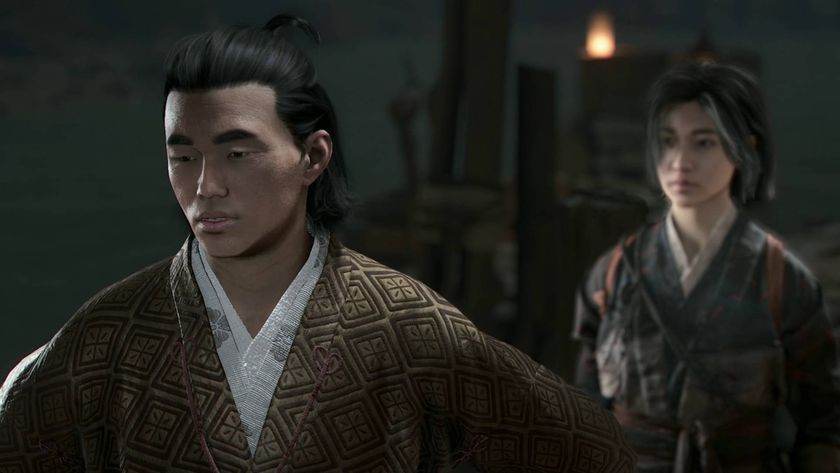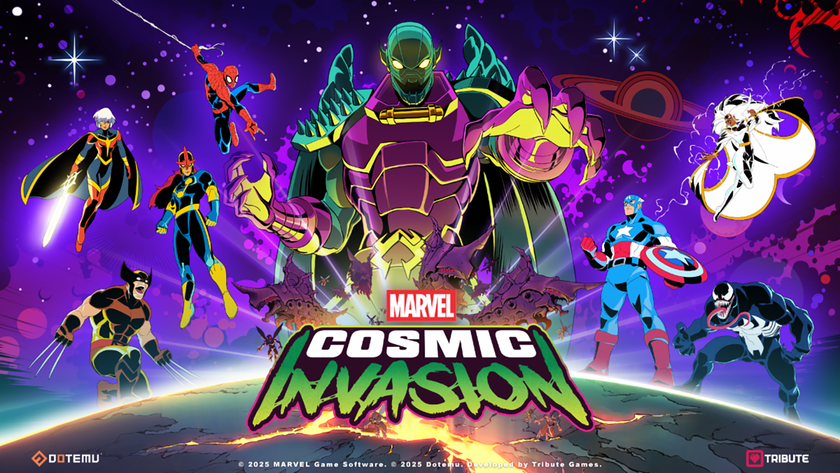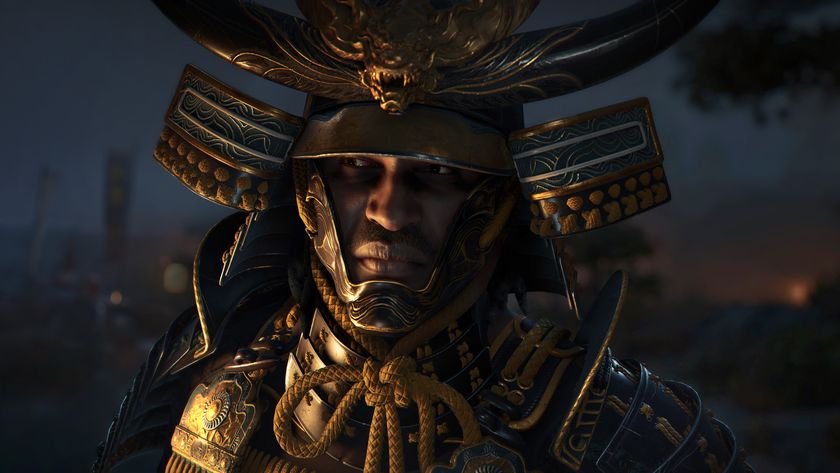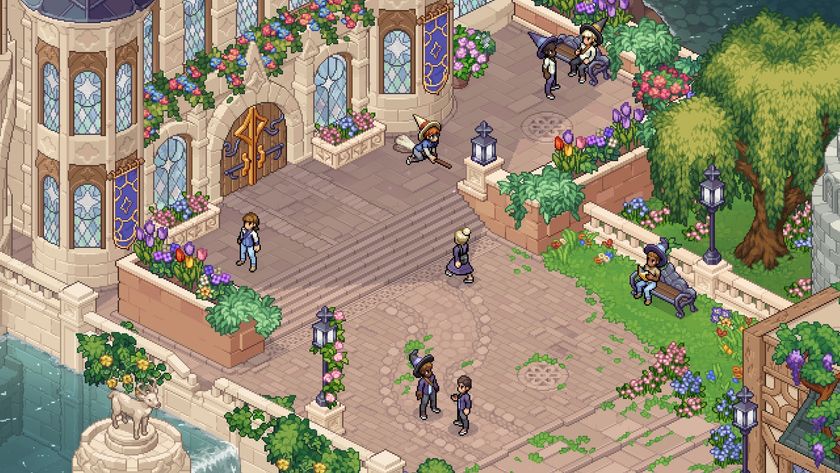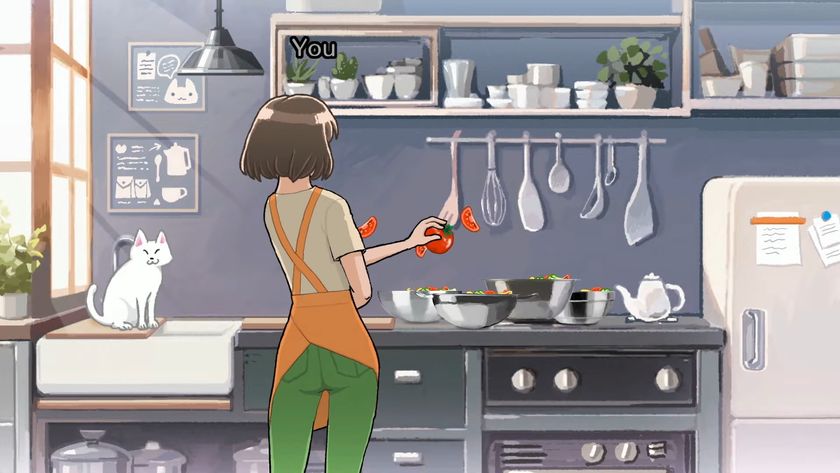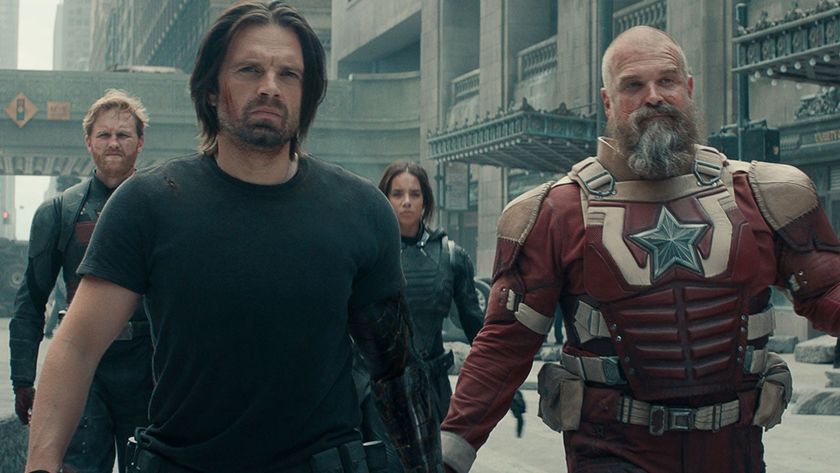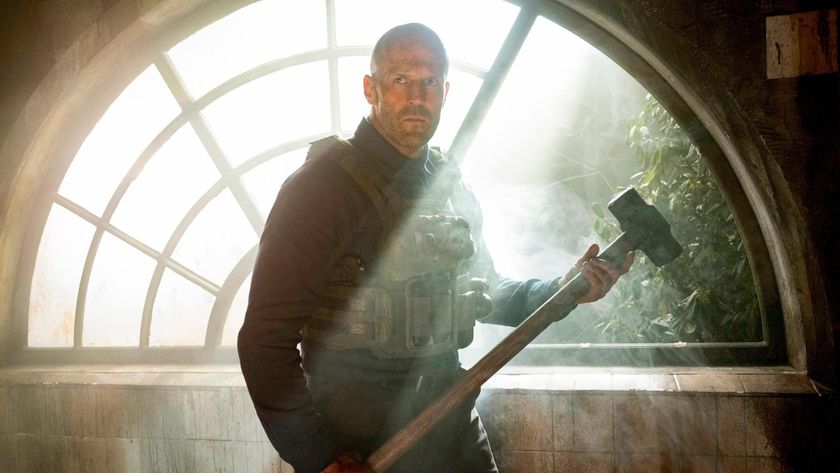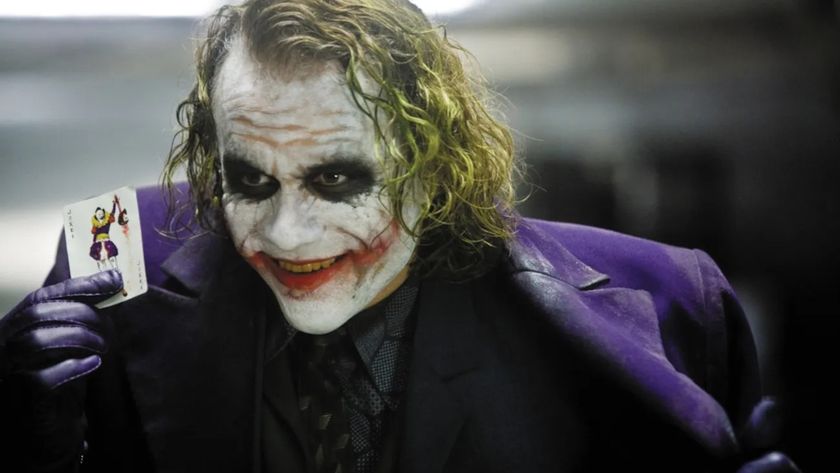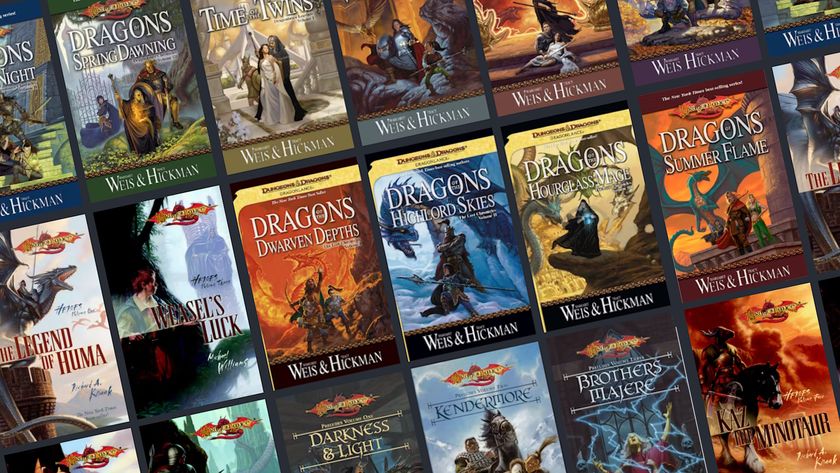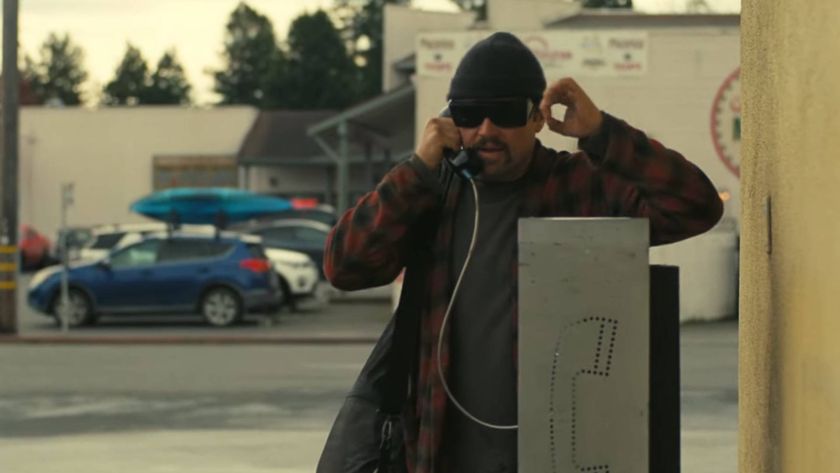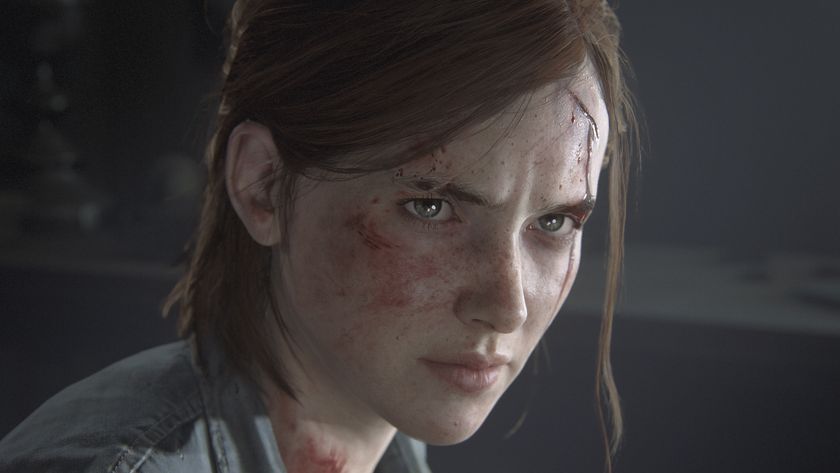Franchise Founders
The biggest games of the biggest names
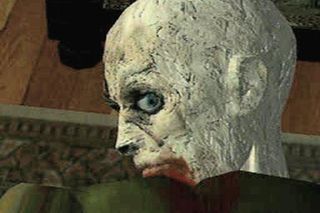
Resident Evil (PlayStation - 1996 - 16 games total)
A viral outbreak is turning regular humans into bloodthirsty zombies, and you're the only person around with enough sense to stay alive. Grotesque creatures of all shapes and sizes have overtaken Raccoon City, you're low on ammo and even the ones sent in to clean up this mess are shady and suspicious. What the hell is going on, and more importantly, what's with all the ink ribbons?
Why it soared
Scaring the piss out of people equals big bucks. Capcom figured this out and pumped the practically nonexistent survival horror genre full of Hollywood-style camera tricks and an emphasis on ravaging your fragile state of mind. Mutant dogs leap through windows and zombies diligently lumber towards you, but it's the toothier creatures that make your toes curl - they can lop your head off in one gruesome swipe. No game before this made you feel so low on the food chain. A clumsy control scheme added to the terror, making it almost impossible to run away in search of the all-too-scarce healing herbs. The constant state of fear and unrest made it so hugely popular it's launched three films, countless toys and numerous sequels.
What it did for the franchise
In addition to defining an unexplored genre, this one title proved gore could be handled in a way other than spraying in all over the room. Prior to its release, most violent games used blood with reckless abandon, throwing it around like it's no big deal, usually with desensitizing effects. Here, when you see the red stuff, your character starts to limp, your effectiveness drains and of course, you're eaten alive by zombies. It's a terrifying vision, one you strive to avoid for the entire adventure. Staying alive became the single most important part of the game. Sequels added more weapons, more monsters and (thankfully) better voice acting until RE4 totally redefined the series in 2005. Will its drastic changes remain popular for 10 more years? We'll have to wait and see.
Who it inspired
Two RE precursors, Clock Tower and Alone in the Dark, enjoyed renewed popularity in the late '90s but quickly fizzled away. Games like Silent Hill and Fatal Frame took the idea of fright one step further and went for psychological scares instead of the "jump out of your seat" style RE was so fond of using. Oddball entries like Rule of Rose and Siren found a niche audience as well; ironic considering survival horror was a niche within a niche just 10 years ago.
Sign up to the GamesRadar+ Newsletter
Weekly digests, tales from the communities you love, and more
A fomer Executive Editor at GamesRadar, Brett also contributed content to many other Future gaming publications including Nintendo Power, PC Gamer and Official Xbox Magazine. Brett has worked at Capcom in several senior roles, is an experienced podcaster, and now works as a Senior Manager of Content Communications at PlayStation SIE.
